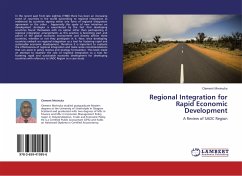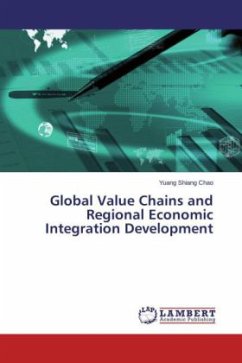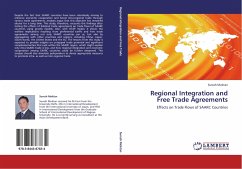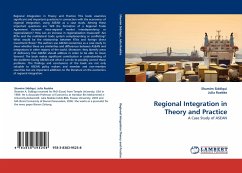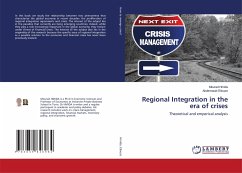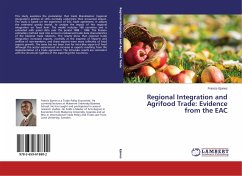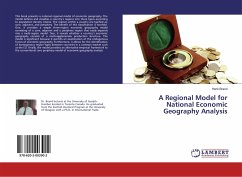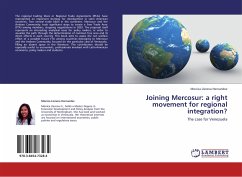In the recent past from late eighties (1980) there has been an increasing trend of countries in the world subscribing to regional integration as evidenced by countries signing either one form of regional integration agreement or the other . Apparently this spate of new initiatives on development strategies is exacerbated by the fact that developing countries found themselves with no option other than participating in regional integration arrangements as this practice is becoming part and parcel of the global economic environment and directly affects these countries, whether or not they participate in it. Now, since developing countries embark on regional integration as a tool for fostering rapid and sustainable economic development, therefore it is important to evaluate the effectiveness of regional integration and make some recommendations that can assist in policy reviews and strategy formulation. This book made an attempt to examine the role of regional integration as a tool for fostering rapid and sustainable economic development for developing countries with reference to SADC Region as a case study.
Bitte wählen Sie Ihr Anliegen aus.
Rechnungen
Retourenschein anfordern
Bestellstatus
Storno

